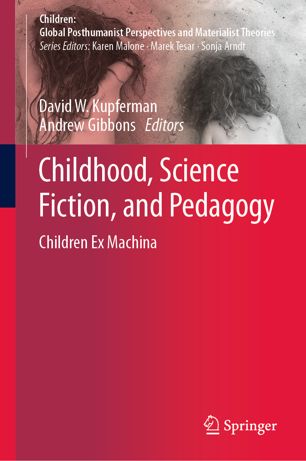

Most ebook files are in PDF format, so you can easily read them using various software such as Foxit Reader or directly on the Google Chrome browser.
Some ebook files are released by publishers in other formats such as .awz, .mobi, .epub, .fb2, etc. You may need to install specific software to read these formats on mobile/PC, such as Calibre.
Please read the tutorial at this link: https://ebookbell.com/faq
We offer FREE conversion to the popular formats you request; however, this may take some time. Therefore, right after payment, please email us, and we will try to provide the service as quickly as possible.
For some exceptional file formats or broken links (if any), please refrain from opening any disputes. Instead, email us first, and we will try to assist within a maximum of 6 hours.
EbookBell Team

4.4
62 reviewsThis book invites readers to both reassess and reconceptualize definitions of childhood and pedagogy by imagining the possibilities - past, present, and future - provided by the aesthetic turn to science fiction. It explores constructions of children, childhood, and pedagogy through the multiple lenses of science fiction as a method of inquiry, and discusses what counts as science fiction and why science fiction counts.
The book examines the notion of relationships in a variety of genres and stories; probes affect in the convergence of childhood and science fiction; and focuses on questions of pedagogy and the ways that science fiction can reflect the status quo of schooling theory, practice, and policy as well as offer alternative educative possibilities. Additionally, the volume explores connections between children and childhood studies, pedagogy and posthumanism. The various contributors use science fiction as the frame of reference through which conceptual links between inquiry and narrative, grounded in theories of media studies, can be developed.